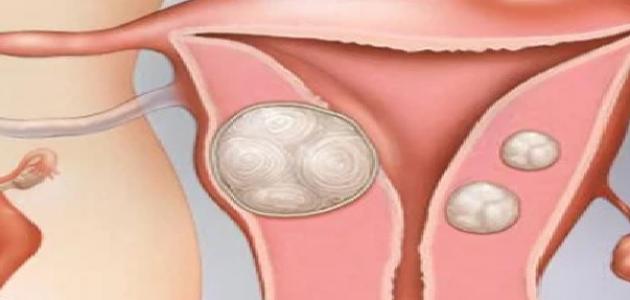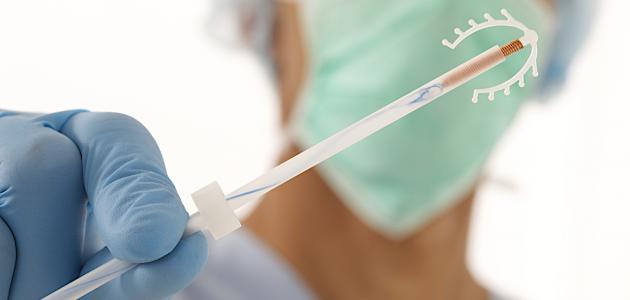What is the treatment for vaginal fungi?
The treatment of yeast infection (in English: Yeast infection) that causes vaginal fungi depends on the severity of the symptoms accompanying the infection and the frequency of infection. Based on these factors, the doctor determines the appropriate treatment for vaginal fungi. Below is a statement of methods for treating vaginal fungi in some detail:
Minor vaginal infection
In cases of infrequent infections accompanied by mild to moderate symptoms, the doctor may recommend taking a type of antifungal medication, some of which are available by prescription while others do not require a prescription, and it is noteworthy that they are available in the form of pharmaceutical preparations. Many, such as: creams, ointments, tablets, and suppositories, and they must be taken according to the method prescribed by the doctor, noting the need to consult the doctor again if the symptoms accompanying the infection do not disappear after the end of the treatment period prescribed by the doctor or in the event of a recurrence. Symptoms within two months, and the following is a statement of the treatment methods for simple vaginal yeast infections:
Short-term vaginal treatment: This is represented by taking a vaginal antifungal medication for a period ranging between 3-7 days. It is available in the form of creams, ointments, or vaginal suppositories. Usually, vaginal fungi can be eliminated by adhering to the treatment period prescribed by the doctor. Examples of these medications include the following:
Read also:What are the symptoms of ovulation?- Miconazole.
- Terconazole.
- Butoconazole.
- Clotrimazole.
- Single-dose oral therapy: The doctor may recommend taking a single oral dose of the antifungal drug Fluconazole, but if the symptoms are more severe, the doctor may advise taking two single doses, 3 days apart. It is also worth noting that it is not recommended for use to treat fungi in pregnant women. .
Complicated vaginal infection
Vaginal yeast infection is described as severe or complicated in the following cases:
- Suffering from severe redness, swelling, and itching that leads to the appearance of ulcers or tears in the vaginal tissue.
- Infection with vaginal fungi more than 4 times in one year.
- Vaginal fungal infection during pregnancy.
- Suffering from uncontrolled diabetes.
- Weakened immune system due to taking some medications.
- Infection with human immunodeficiency viruses (HIV), which causes AIDS.
- Infection caused by a type of Candida fungus other than Candida albicans.
It is noteworthy that in these cases, in which the vaginal fungal infection is severe or recurrent, the doctor may recommend using one of the following treatments:
Read also:Causes of low menstrual bleeding- Long-term vaginal treatment: The doctor may prescribe an antifungal medication to be taken daily for up to 6 weeks, after which the treatment is taken once every week for XNUMX months.
- Multi-dose oral therapy: The doctor may prescribe two or three doses of an oral antifungal medication instead of the vaginal treatment. As mentioned previously, the use of these medications is not recommended during pregnancy.
- Azole-resistant treatment: (In English: Azole resistant therapy), this method is only used to treat cases of vaginal candida infection that does not respond to traditional antifungal medications. In this case, the doctor may prescribe boric acid, which is available in the form of a capsule to be used vaginally only. You should avoid taking boric acid orally because it may lead to significant risks and may be life-threatening.
Tips and Advice
Although there is no guaranteed way to avoid vaginal thrush; However, there are many tips and guidelines that may help reduce the risk of contracting vaginal fungi, and some of these tips are listed below:
- Avoid using vaginal douches.
- Follow a healthy and varied diet.
- Avoid using tampons or deodorants on the sensitive area.
- Wear cotton or natural fiber underwear.
- Change wet or wet clothes quickly; Like swimwear.
- Wear loose skirts or pants and avoid tight underwear.
- Wash underwear at high temperature.
- Avoid bathing in hot tubs and baths.
Read also:What is menstruation?
Reasons to see a doctor
You should consult a doctor in the following cases:
- Suffering from the symptoms of vaginal fungi for the first time.
- Uncertainty about whether or not there is a fungal infection.
- Symptoms do not disappear or decrease in severity after using over-the-counter antifungal medications; Such as some types of vaginal creams or suppositories.
- New symptoms appear.









